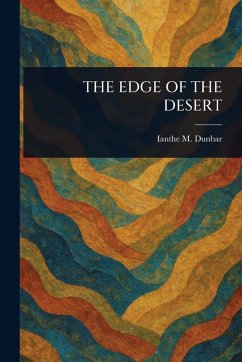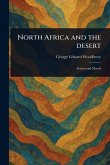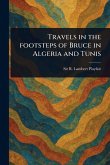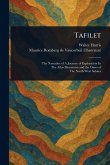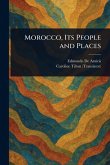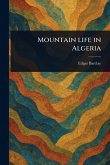Explore the vibrant social life and customs of Tunisia in "The Edge of the Desert" by Ianthe Dunbar. This captivating work offers a window into North African culture, painting a vivid picture of Tunisian life. Delve into the history and traditions of a land where the desert meets the sea, and gain insight into a unique society. Dunbar's meticulous observations bring to life the everyday experiences of the Tunisian people, providing a rich tapestry of cultural insights. This book is an invaluable resource for anyone interested in the history and geography of North Africa, particularly Tunisia. Travel through its pages and discover a world of customs and traditions that have shaped this fascinating region. A timeless exploration of culture, "The Edge of the Desert" is a journey to the heart of Tunisia. This work has been selected by scholars as being culturally important, and is part of the knowledge base of civilization as we know it. This work is in the public domain in the United States of America, and possibly other nations. Within the United States, you may freely copy and distribute this work, as no entity (individual or corporate) has a copyright on the body of the work. Scholars believe, and we concur, that this work is important enough to be preserved, reproduced, and made generally available to the public. We appreciate your support of the preservation process, and thank you for being an important part of keeping this knowledge alive and relevant.
Bitte wählen Sie Ihr Anliegen aus.
Rechnungen
Retourenschein anfordern
Bestellstatus
Storno

